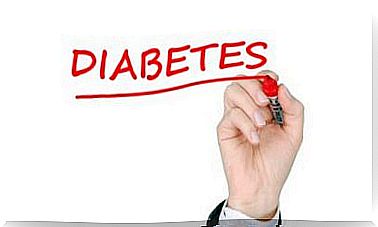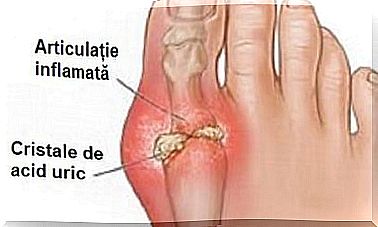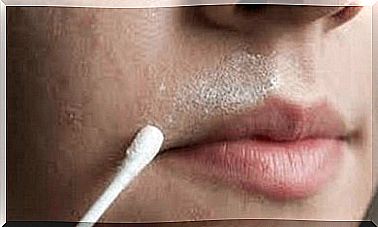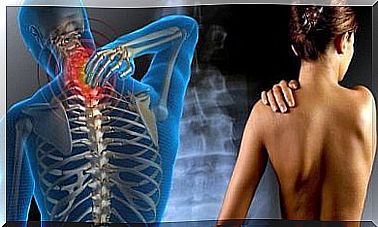4 Cholesterol-raising Habits
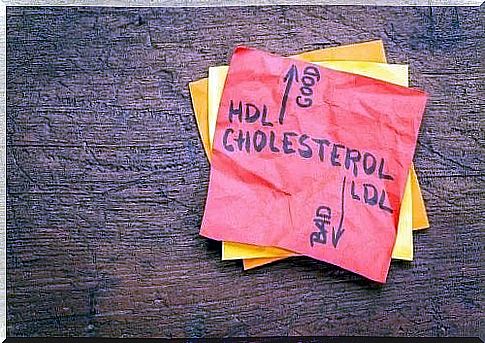
Cholesterol is an invisible health threat. You may have high cholesterol without realizing it before doing routine tests or noticing the consequences. How can you have a cholesterol problem if you don’t eat too much fat, sausage or red meat? We present you 4 habits that increase cholesterol!
There are factors that influence cholesterol levels, of which you are most likely unaware. In this article, you will find out what mistakes you could make without realizing it and what causes cholesterol to rise. Read on to find out more useful information and to improve your health!
What is cholesterol?
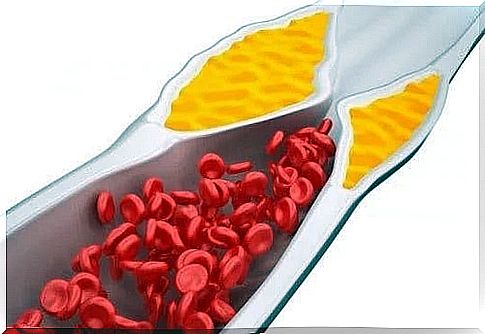
Cholesterol is a fatty, soft substance found in the body and blood. It has many useful functions that contribute to optimal health. For example, it helps cells function properly and plays an important role in the production of certain hormones.
However, too much cholesterol in the blood can lead to an increased risk of heart attack or stroke.
4 habits that increase cholesterol
1. Stress

Stress is a very common problem nowadays and, if it manifests itself in the long run, it can cause serious consequences in the body. But does it also cause high cholesterol?
Stress can increase blood pressure and cause insomnia, changes in habits and changes in mental performance and mood. However, is it able to raise cholesterol in the human body?
A scientific study states that mental and emotional stress increased cholesterol levels by 11% in healthy men compared to the control group. The researchers also found a link between cholesterol and cortisol, the stress hormone that may be the key to the relationship between cardiovascular disease and dyslipidemia.
2. Alcohol
When it comes to cholesterol, alcohol consumption is a matter of balance. On the one hand, moderate alcohol consumption has been shown to improve “good” cholesterol levels and has been linked to a reduced incidence of heart disease.
On the other hand, excessive alcohol consumption can have a negative effect on the lipid profile and, ultimately, on heart health. As you can see, you should drink alcohol in moderation so that you do not get sick.
3. Tobacco

Smoking affects the cardiovascular system in several ways, including by reducing oxygen and heart rate. The reason these diseases occur or worsen is that nicotine can increase platelet aggregation, cholesterol and triglycerides in the blood.
Carbon monoxide also raises blood cholesterol, with other harmful effects. For this reason, smoking “light” cigarettes does not reduce the risk of illness, as the smoker inhales more smoke to compensate for the lower dose of nicotine, which increases carbon monoxide and causes more problems later.
4. Oral contraceptives
Contraceptives have several side effects on women’s health, and one of them may be high cholesterol. However, not all contraceptives have the same effects and not all types of cholesterol are bad.
Gestagen-based contraceptives have only one type of hormone and are usually produced in the form of mini-pills. This type of contraceptive has many advantages and is very effective. In addition, it can be used during breastfeeding.
But, unfortunately, it has a hypercholesterolemic effect. This pill often raises LDL or bad cholesterol and lowers HDL or good cholesterol. Therefore, if you choose this type of contraceptive, it is essential to have your tests every few months.
In order for the body to function well, you need a balance between the two types of cholesterol, so that you can avoid cardiovascular problems. A balanced diet and exercise are essential to living a healthy life and improving your cholesterol problem.

